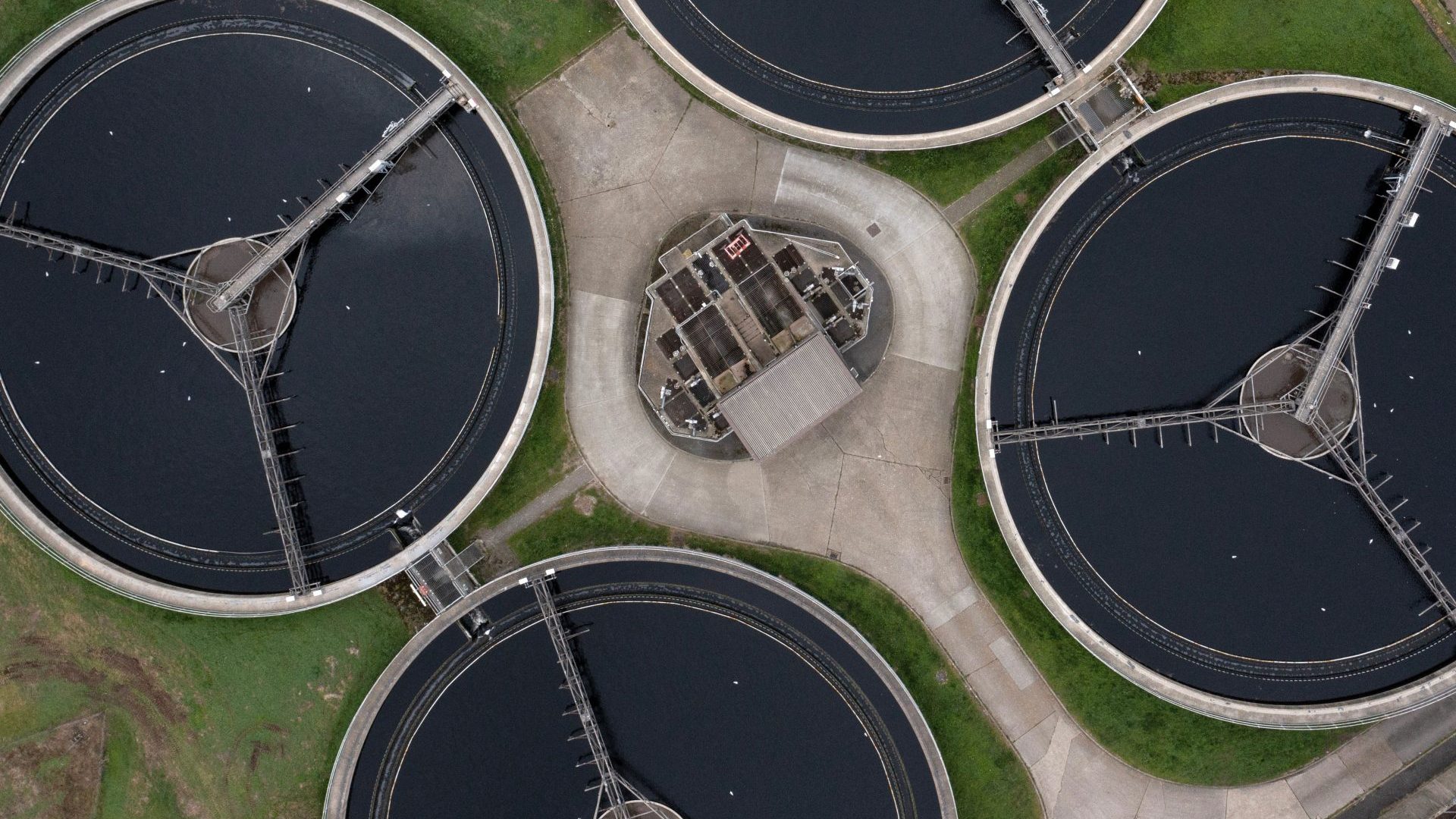There is much that smells bad about Thames Water, and not just that it continues to pump huge amounts of shit into the streams and rivers of the Home Counties.
Its parent company reneges on its debts while also threatening the government with the prospect of going bust. Meanwhile, it demands the right to keep paying dividends to its shareholders.
Now we hear that its workers – like those of many other water companies in England – are facing abuse from members of the public. This is unfair.
Thames Water’s rank-and-file workforce are the ones trying to fix the leaks and the overflows. They are not the financial whizzkids who have loaded Thames with huge debts, ripped billions out of the company and underinvested for years.
They are not the ones who are trying to hike your bills to make up for their mistakes. They are not the ones polluting the very streams and rivers they are paid handsomely to improve.
That is all the fault of the management, paid a small fortune to run a monopoly, with guaranteed income and millions of customers with no alternative but to pay through the nose for their product. It takes a special kind of incompetence to turn that business model into a failure.
Yet the whole mess is made far worse by a government that is so ideologically opposed to nationalisation that Thames Water appears to have it by the throat. The sainted Lady Thatcher privatised it and so nothing can be done to reverse that, no matter how badly Thames Water performs.
But there is a third way. It is the example of Dŵr Cymru (Welsh Water), which serves the million-plus citizens of the principality. Its staff are not abused or scared to work alone, not least because every van proudly bears the words “Welsh Water: Your not-for-profit water company. “
Welsh Water is not owned by the state or by private investors. Since 2001, it has been owned by a single company with no shareholders, which makes no profits and exists only to provide clean, cheap water.
Privatised in 1989, Welsh Water first diversified into areas it knew nothing about. It bought the local electricity company, got into financial difficulties and was split up.
It was then bought for £1, along with £1.85bn of debt, by Glas Cymru, a company set up by Welsh Water executives Nigel Arnett and Chris Jones with one purpose – to run the water company for the public benefit.
Arnett has now retired from the company and is a keen reader of the New European, which he approached to explain the third way. He says: “Our thinking at the time was that the cost of capital for the water industry was higher than it needed to be… and capital accounts for a third of your water bill. So if the cost of capital could be reduced; that would allow us to provide better value services to customers.”
Welsh Water has therefore fought to bring down the cost of its borrowing and improve its credit rating. While Thames does the opposite by reneging on its debts, Welsh now has the best credit rating in the industry. At one point, lenders were paying it for the right to lend to it.
The company has reduced its borrowing from 94% of equity at its launch to under 60% now, the original £70m of equity has risen to over £3bn. “The exact opposite of what Macquarie have done,” says Arnett, referring to the Australian bank that owned Thames and bled it dry.
And, of course, instead of paying out to shareholders, every penny the company brings in has been invested at Welsh Water into a better service, better environmental standards, or cheaper bills. Since 2001, Welsh Water’s bills have fallen in real terms by 4% while Thames Water’s have increased by 20% – and the latter is still in danger of going belly up.
Arnett says the bond markets loved Welsh Water management’s attitude that “the executive pay was tied to credit ratings, if we lost a credit rating my pay went down. For bond investors, seeing a management team whose pay was dependent, in part, on maintaining or improving their credit rating, that really worked. In terms of signalling what we were out to do, that was really, really important.”
On top of that, the removal of the profit motive did wonders for the culture, mood, and motivation of the staff at Welsh Water. People have joined it almost as a “vocation”, says. Arnett.
Welsh Water also makes great efforts to help the poorest. Around 15% of customers – 180,000 people – are on lower “social tariffs” for those on benefits. As Arnett explains, “a third of households in Wales are in receipt of benefits… It is a big, big focus of attention. There is self-interest as well, because if people cannot pay their water bills there is nothing you can do about it. It is better that they pay something through a social tariff rather than paying nothing at all”.
Of course, Welsh Water is not perfect. It has pollution leaks and room for improvement; it is in the middle of paying £40m back to customers for misrepresenting its performance.
Yet customer satisfaction ratings remain high.
Could the same model work across England? Arnett reckons the managers of private water companies are not in the least bit interested. “People within the industry have to want it to happen and at the moment I don’t think any of the people running English utilities want to work under a different model,” he said.
Given what a mess so many privatised water companies have made of running their businesses, you would hope that some at least might realise that the greater good could be better served. And here, a model that would avoid more Thames Waters without wholesale, risky renationalising of the entire sector must be worth considering.
Surely it is time for at least trying a third way of water?




